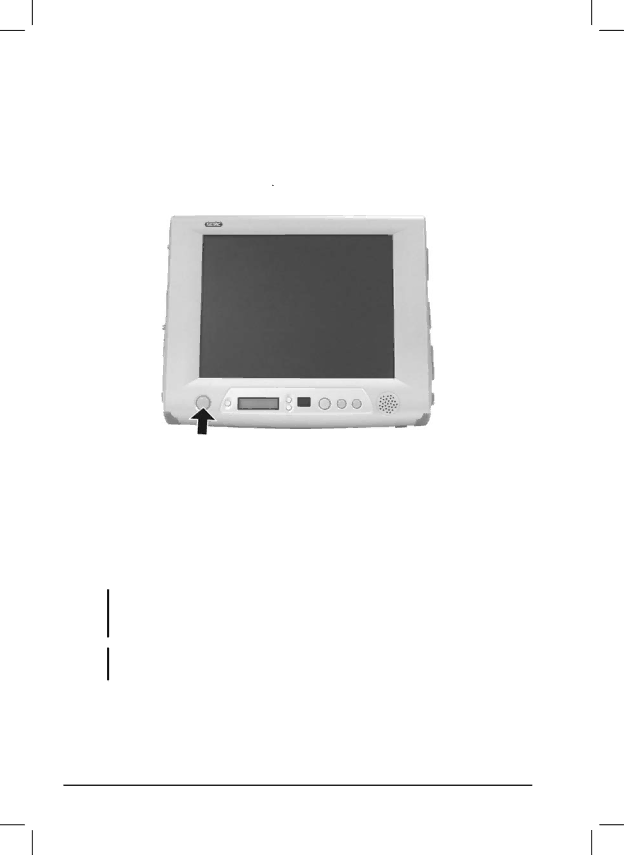
Turning On and Off the Computer
Turning On
1.Make sure the computer is connected to AC power.
2.Press the power button ![]()
![]()
![]() .
.
3.Each time the computer is turned on, it performs a
Turning Off
To turn off the computer power, use the “Shut Down” command of your operating system.
NOTE: There are other ways you can stop the computer so that you will be back to where you left off when you next turn on the computer. (See “Stopping the Computer” in Chapter 2 for information.)
CAUTION: If you have to turn the computer on again immediately after turning it off, wait for at least five seconds. Turning the computer off and on rapidly can damage it.
Getting Started |